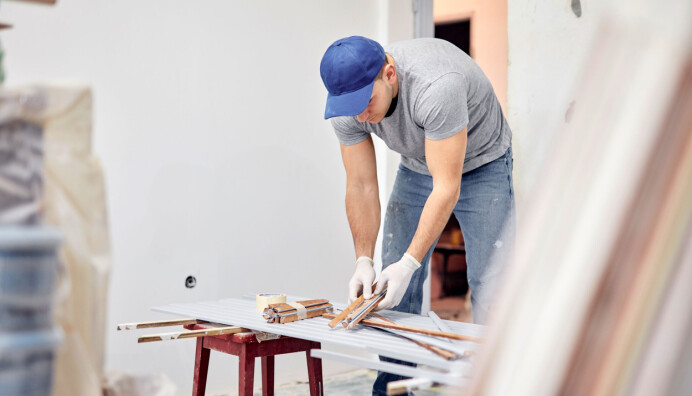French second home tax notices to be sent in November - who pays it?
Taxe d’habitation was formerly charged on all properties but is now only levied on second-homes
The tax levied on second homes is payable in December unless owners have opted to pay monthly
Stephen Farhall / Shutterstock
Second home owners in France will receive their taxe d’habitation (second home tax) bills starting from November, with payments due before the end of the year.
Notices for the tax should arrive on one of the following dates:
November 7, if you receive it online via your personal space on the French tax site and do not pay it via monthly instalments
November 20, if you receive it online via your personal space and pay monthly
Between November 8 - 20 if you receive a paper notification and do not pay monthly
Between November 22 - 29 if you receive a paper notification and pay monthly
The deadline to pay the tax in one instalment is December 15 if not paying over the internet (chèque, bank transfer, at eligible tabacs, etc).
Alternatively, if paying via your personal space on the French tax site, or via the impots.gouv app, you have until December 20 to pay.
If you opted for a direct debit from your bank account, the tax office, the authorities will take the amount from your bank account on December 27.
Who must pay the tax?
Taxe d’habitation was formerly charged on all properties but is now only levied on second-homes.
This includes people who have more than one property in France, as well as those whose property in France is not their main residence, even if they only have one home here (if, for example, it is a holiday home).
The tax is calculated using a theoretical rental value (valeur locative cadastrale, VLC), which is based on your home’s location and amenities and rises each year based on inflation.
The person who has use of a property classed as a second home on January 1 of the given year must pay the tax.
The Biens Immobiliers property declaration, first introduced last year, is being used to assess which properties are second homes and the tax authorities should automatically send owners a notice to pay.
Authorities believe up to seven million property owners have yet to register their property correctly via the Biens Immobiliers declaration.
This risks not only a fine but also properties being wrongly classified, leading to additional taxes such as the taxe d’habitation being wrongly requested.
Read more: Seven million French properties risk fine under new declaration rule
In addition to general taxe d’habitation payments, more than 3,000 communes in France deemed to be facing housing shortages can levy an additional surtax in 2024.
While standard taxe d’habitation is levied on properties that are furnished and available for use, another tax called taxe sur les logements vacants is levied in the same communes on these properties
Read more: More properties subject to empty home tax in France this year
Also, communes not deemed to be facing a housing shortage may opt to vote for a version of taxe d’habitation applied to vacant homes, called taxe d’habitation sur les logements vacants.
Are there exemptions for paying taxe d’habitation?
There is one main exemption for taxe d’habitation.
If a person has been obliged to move out of their property to live in a residential or elderly care home – meaning the original property is no longer a principal residence – they do not have to pay the tax.
The change in living status must be declared online through their personal space, or via a letter to their local tax office.
Otherwise, most people must pay the tax, including those living abroad.
Some people who use a property as a second home, and otherwise rent it as a short-term holiday let, are exempt from the tax, but only if they are located in a zone de revitalisation rurales (rural revitalisation zones, or ZRR) and if the property has been classified under the star-rating system.
Occasionally, exemptions from the surtax can be requested, for example, by people who have been required to stay at their second home due to needing to work nearby, or because the property is uninhabitable for reasons beyond their control, such as it needing renovation to make it decent to live in.
Read more: French second home: in what cases can you be exempt from taxe d’habitation?




























